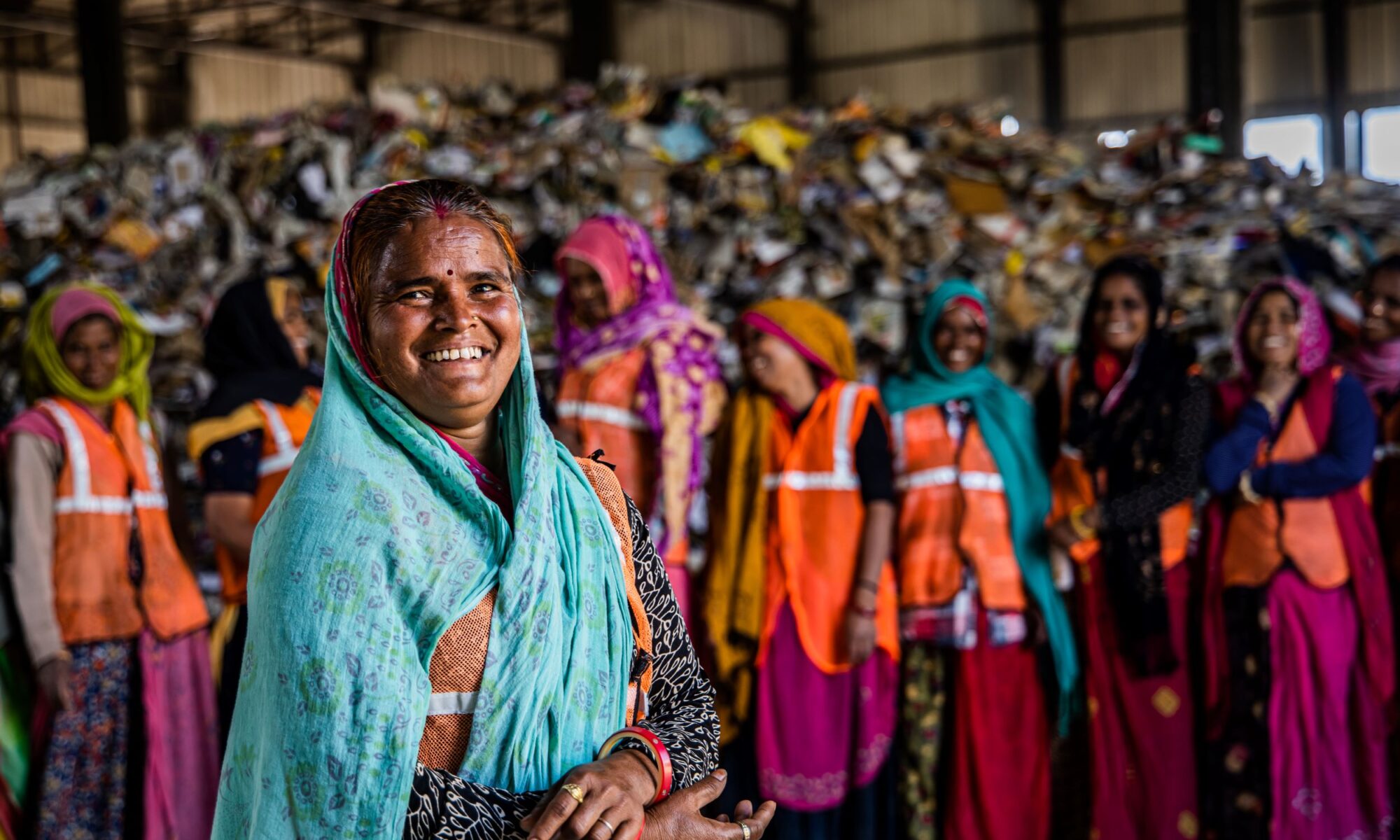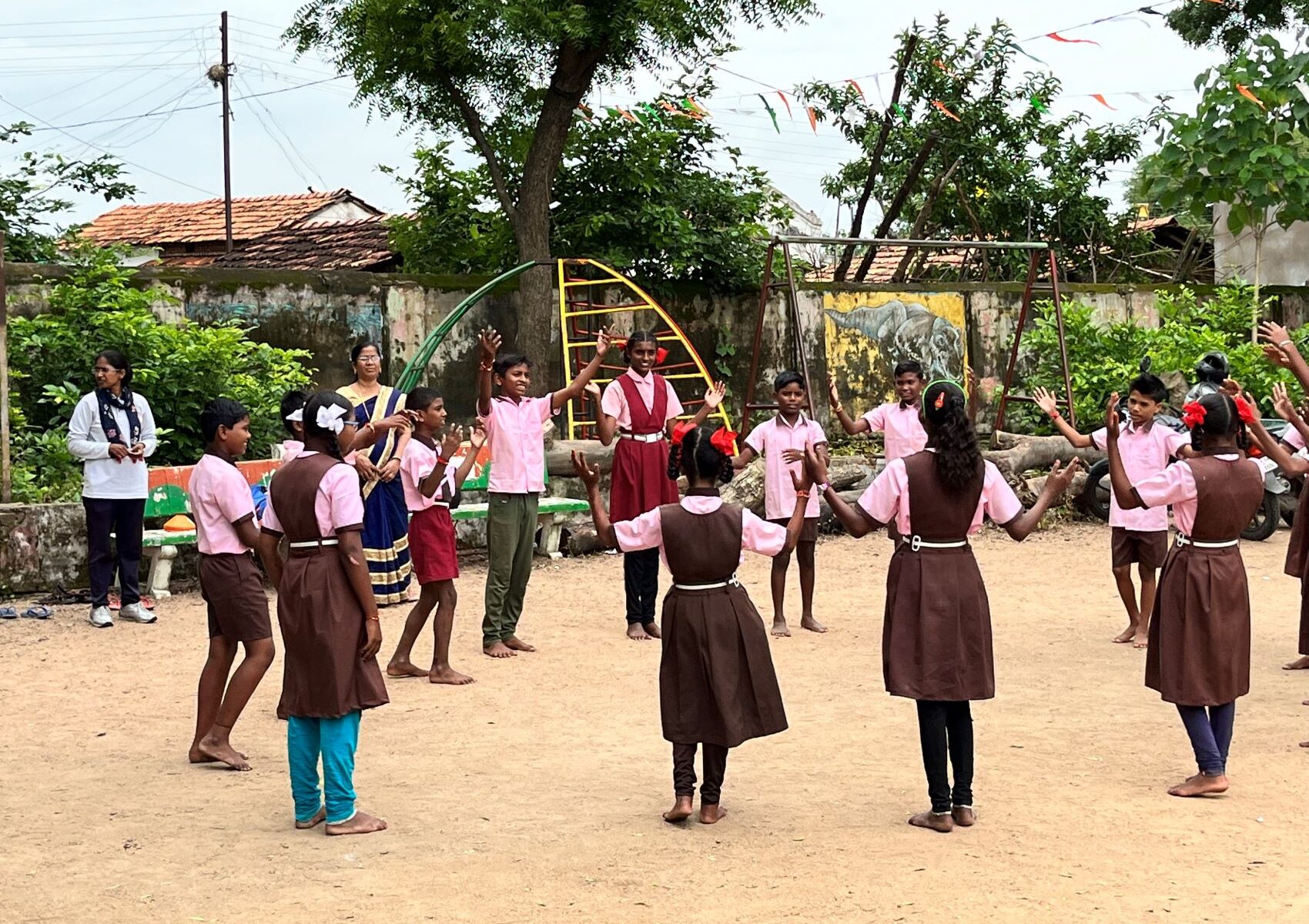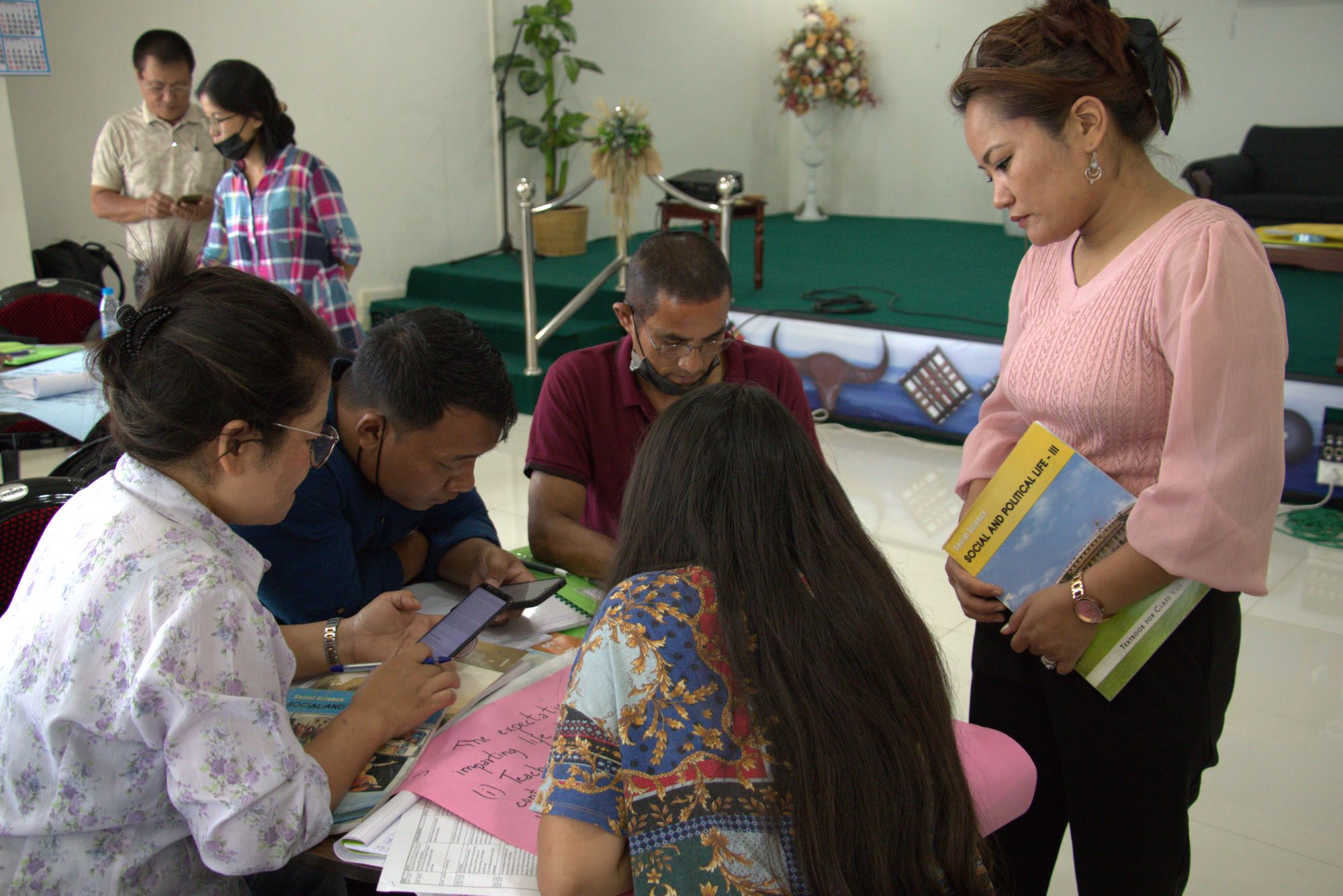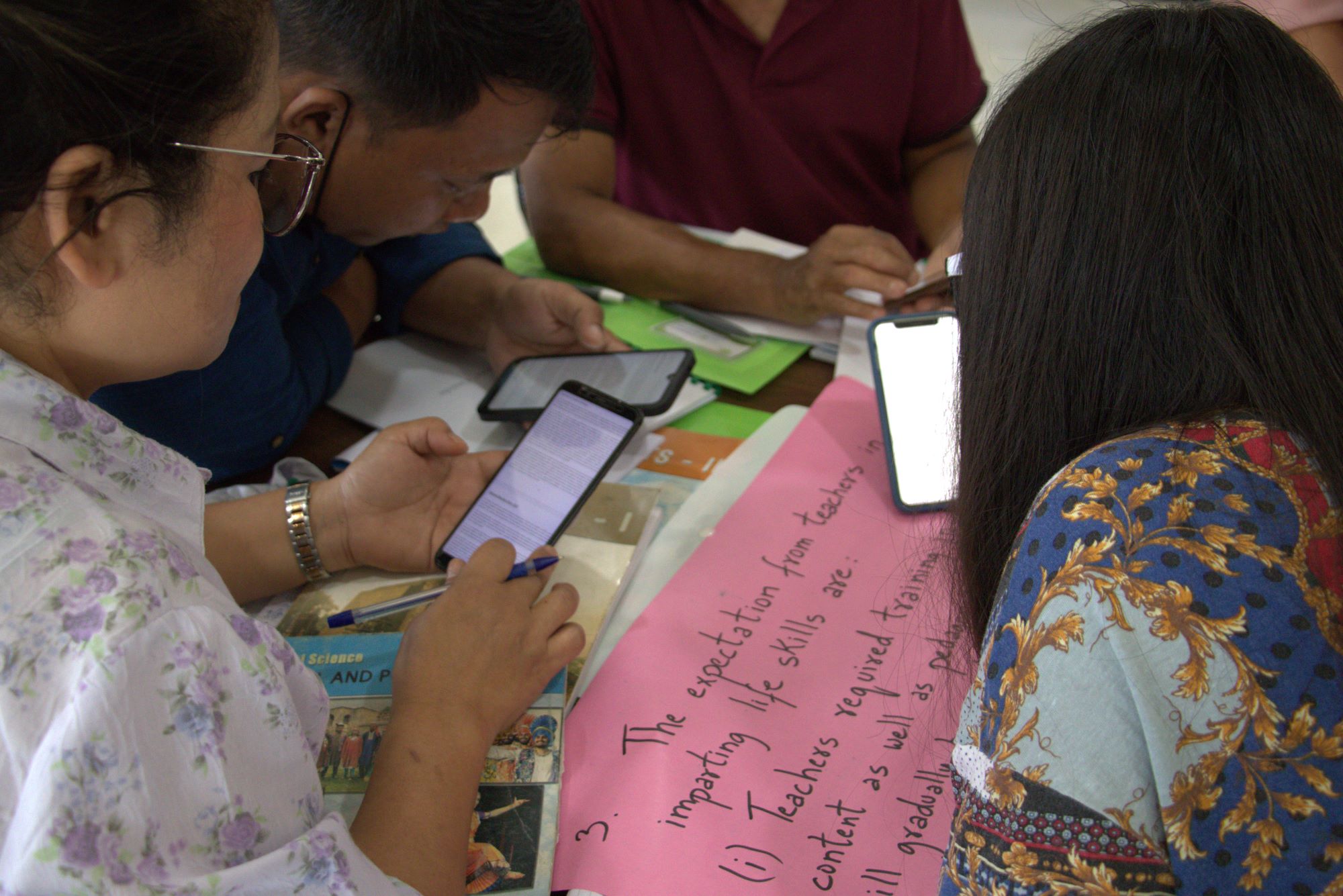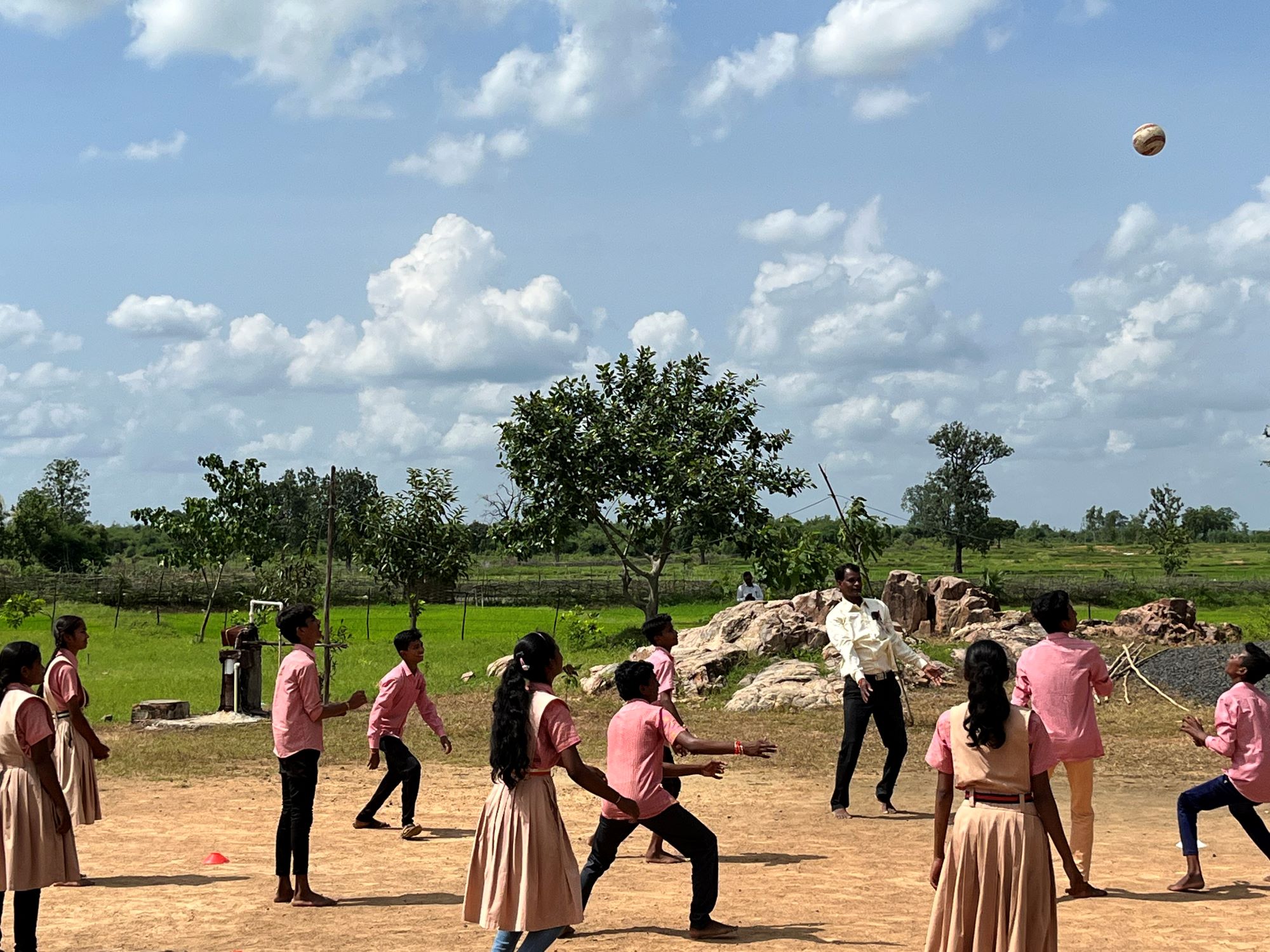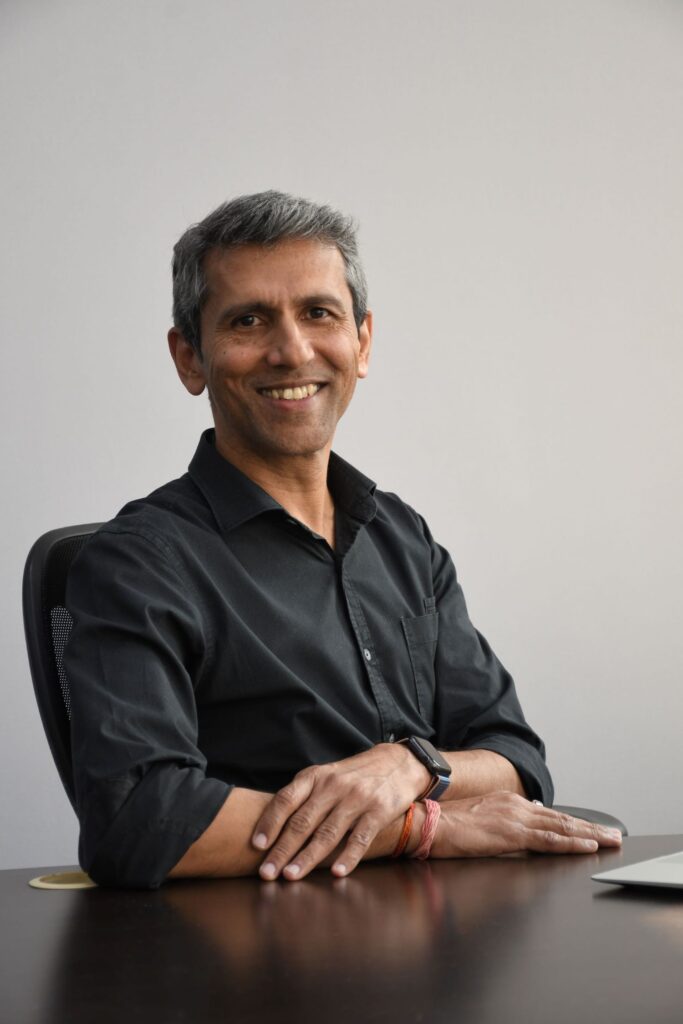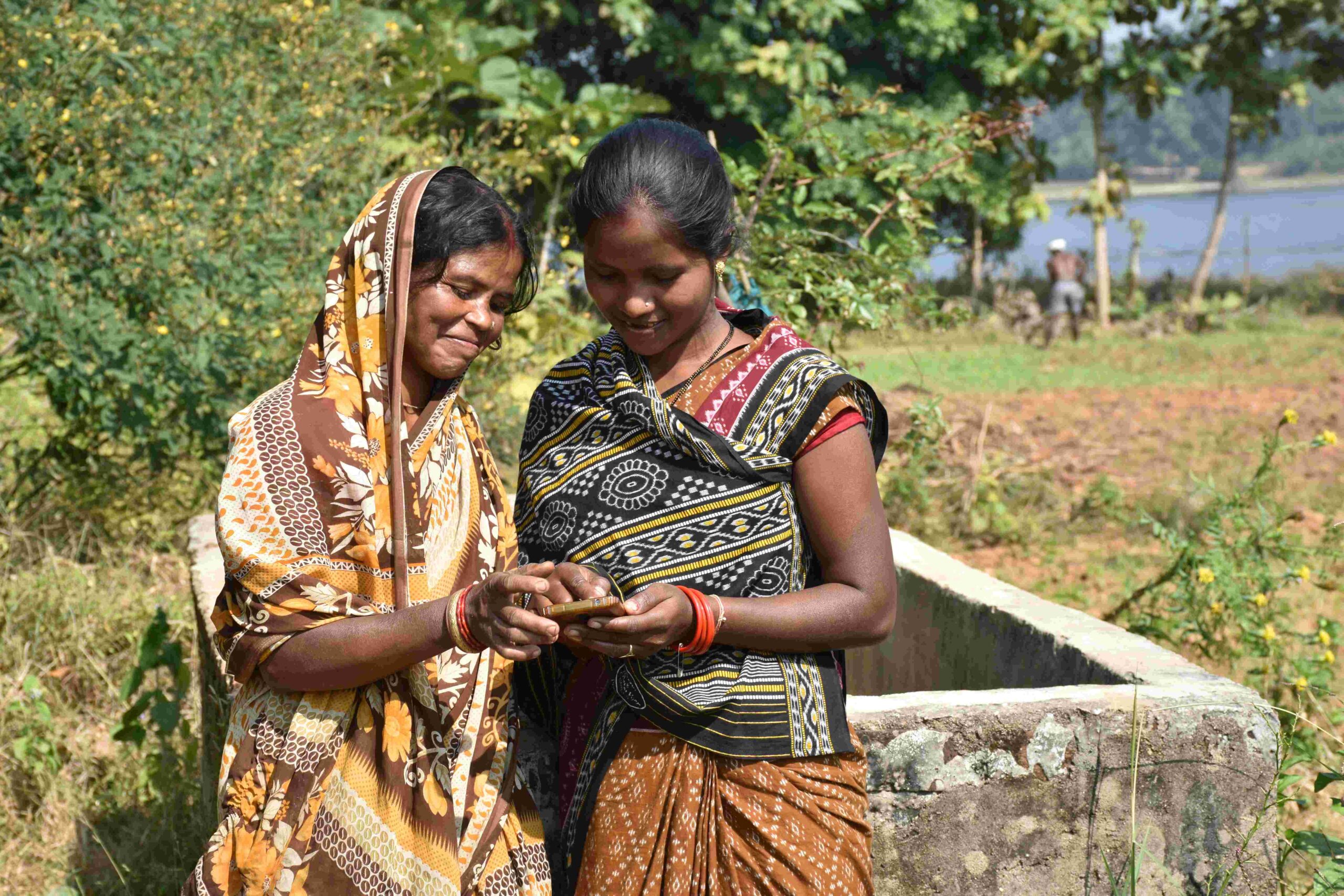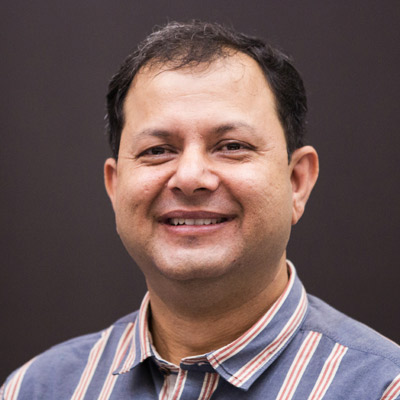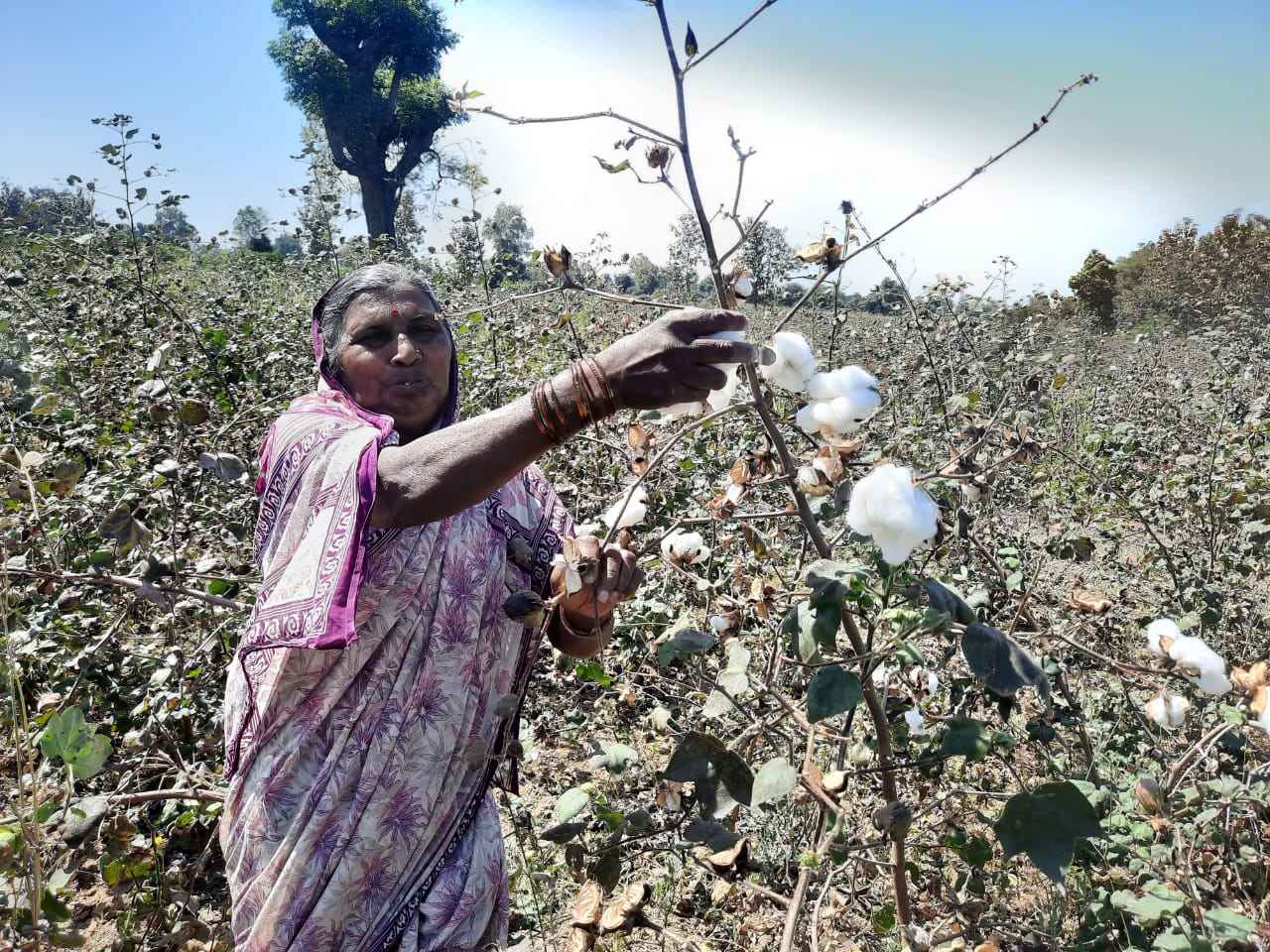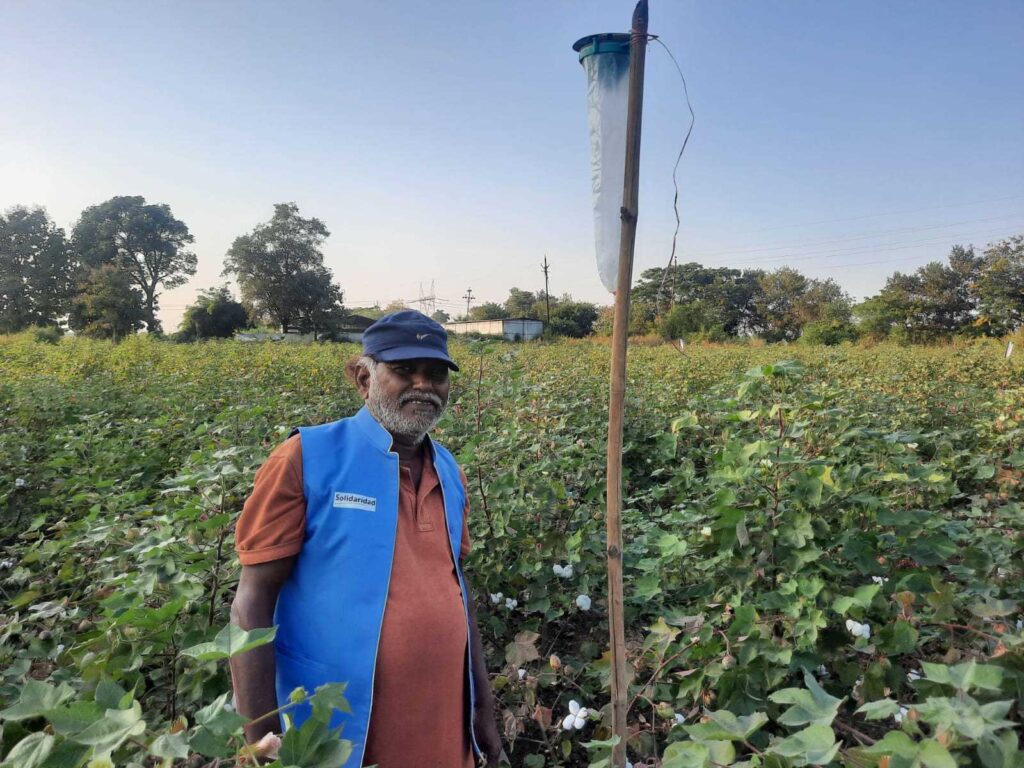Financial Inclusion Improves Sanitation & Health (FINISH) Society aims to address sanitation challenges uniquely by applying a multi-stakeholder approach.
FINISH Society is a non-profit organization working to promote sustainable and equitable development of the sanitation sector in India. It leverages financial inclusion to address sanitation challenges with a focus on safe sanitation, circular economy, livelihood, and employment generation. The organization’s waste management interventions foster a circular economy, create local livelihood, and reduce greenhouse gas emissions. It happens through designing and implementing commercially viable solutions to tackle solid and liquid waste management that are effective, socially acceptable, and institutionally compatible.
One of the organization’s flagship programs is ‘Impact investment in sanitation.’ Incepted in 2019, the program targets 35,000 families and has impacted 1,75,000 people to date.
Using the Diamond Model, a multi-stakeholder ecosystem approach, Sanitation impact investment converges multiple stakeholders for integrating financial inclusion with demand for toilets and enhanced capacities at the local level to meet the needs. ACTIAM (a globally operating Dutch asset management company established in 1997) has provided a loan of US$ 3M to Cashpor Micro Credit (CMC) with outcome-based incentives from WASTE Foundation and FINISH Society (non-profit) as the facilitating agency. It was a pilot project to help understand the potential and define the process for the ambitious FM program (targeting 4 million households in 6 countries) and the introduction of the Sanitation Impact Fund EUR 250M. For this, 325 branches were identified to provide 35,000 sanitation loans in three years, spread across their 15 operational regions. 36,843 loans were disbursed from Feb 2019 to March 2022.
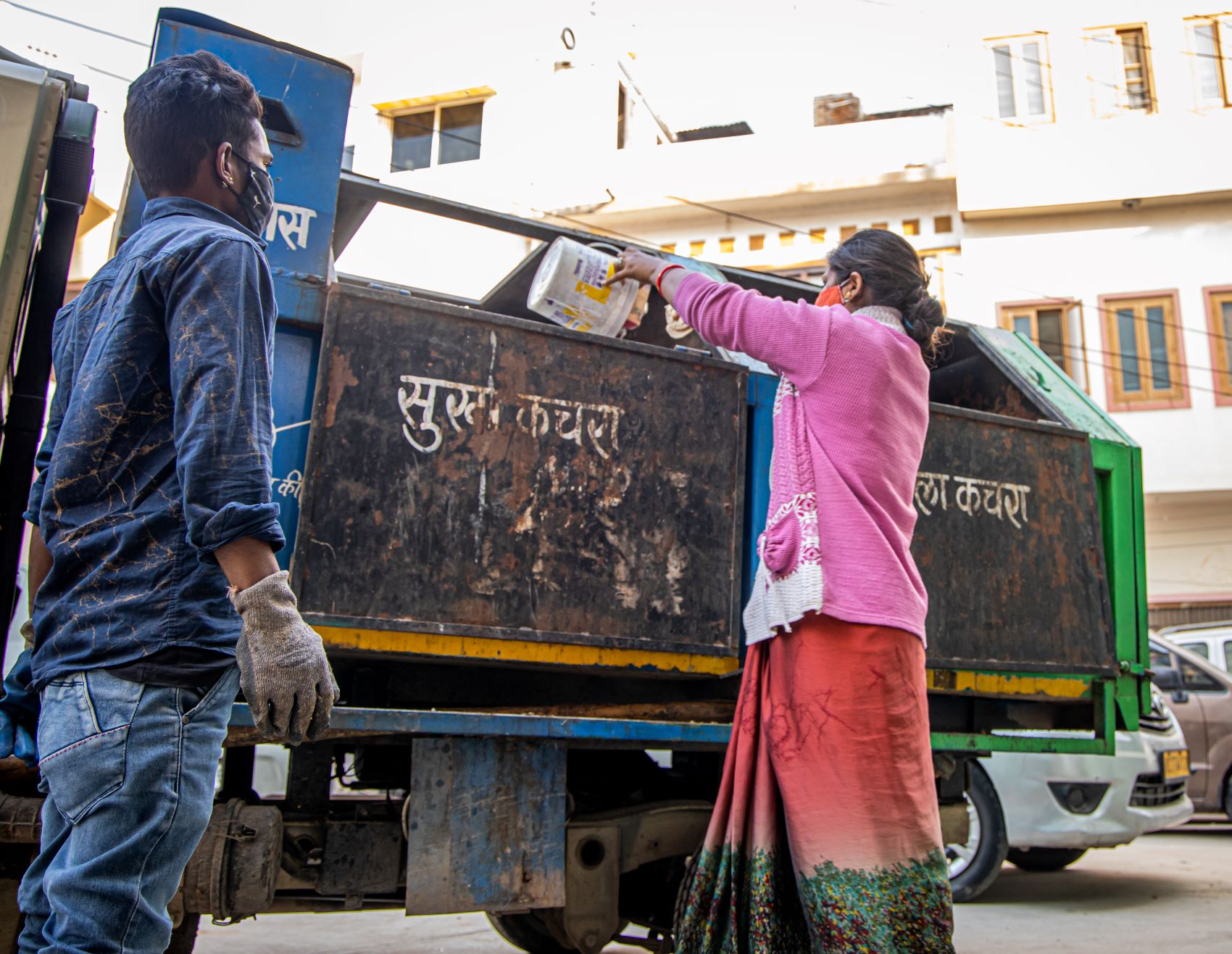
Community Health Facilitators (CHF), women selected from their loan clients, were engaged in creating awareness and demand for safe and hygienic sanitation practices and monitoring toilet construction and its usage. Masons were trained to construct environmentally safe sanitation across all the selected geographies.
“Financial inclusion as a tool for empowerment wherein the ‘power to decide is transferred to the client.’ The client, mostly women, decides ‘what, where, and how’ to build the infrastructure. It is a holistic model where both demand and supply side issues are addressed. It is both sustainable and scalable,” says Abhijit Banerji, Member Secretary, FINISH Society.
Another program that the organization has been focusing on is ‘Climate change mitigation through sustainable waste management.’ It came into being in 2016, and since then, it has changed the lives of around 10,00,000 people.
FINISH works towards finding new approaches to involve the key stakeholders in the reconstruction of local waste management systems through changing attitudes, strengthening the role of the informal sector, involving local government and communities, and building capacities. Its waste management programs actively implement innovations in closing the resources loop with waste valorization by improving the value chains in solid and liquid waste to advance India towards a circular economy.
Every month around 2,00,000 families are practicing waste segregation under solid waste management programs across ten states in India. On average, 22,000+ tons of solid waste per year are managed, treated, and recycled. The organization is creating a positive impact on the environment by saving 3600+ tons of CO2 equivalent greenhouse gas emissions per year.
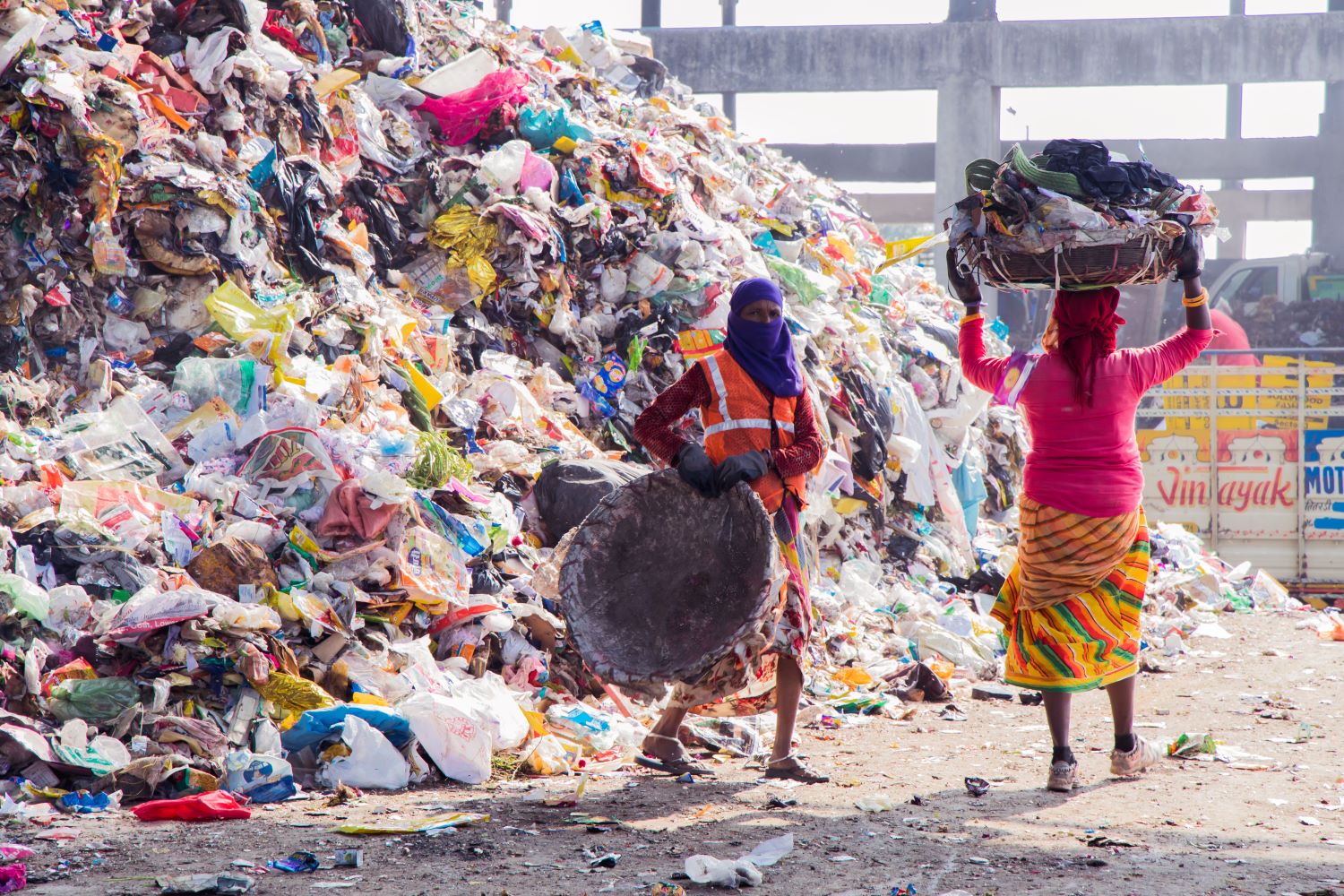
“With 3 million truckloads of untreated garbage being offloaded daily, it is both a challenge and an opportunity. On the environmental side, proper management removes plastic waste from contaminating land and water. The better management of organic waste reduces waste disposal costs and greenhouse gas emissions. In addition, it can create businesses and enable livelihoods, leading to healthier and cleaner cities and an improved environment! It’s a win-win situation!
FINISH Society is a non-profit organization working to promote sustainable and equitable development of the sanitation sector in India. It leverages financial inclusion to address sanitation challenges with a focus on safe sanitation, circular economy, livelihood, and employment generation. The organization’s waste management interventions foster a circular economy, create local livelihood, and reduce greenhouse gas emissions. It happens through designing and implementing commercially viable solutions to tackle solid and liquid waste management that are effective, socially acceptable, and institutionally compatible.
One of the organization’s flagship programs is ‘Impact investment in sanitation.’ Incepted in 2019, the program targets 35,000 families and has impacted 1,75,000 people to date.
Using the Diamond Model, a multi-stakeholder ecosystem approach, Sanitation impact investment converges multiple stakeholders for integrating financial inclusion with demand for toilets and enhanced capacities at the local level to meet the needs. ACTIAM (a globally operating Dutch asset management company established in 1997) has provided a loan of US$ 3M to Cashpor Micro Credit (CMC) with outcome-based incentives from WASTE Foundation and FINISH Society (non-profit) as the facilitating agency. It was a pilot project to help understand the potential and define the process for the ambitious FM program (targeting 4 million households in 6 countries) and the introduction of the Sanitation Impact Fund EUR 250M. For this, 325 branches were identified to provide 35,000 sanitation loans in three years, spread across their 15 operational regions. 36,843 loans were disbursed from Feb 2019 to March 2022.
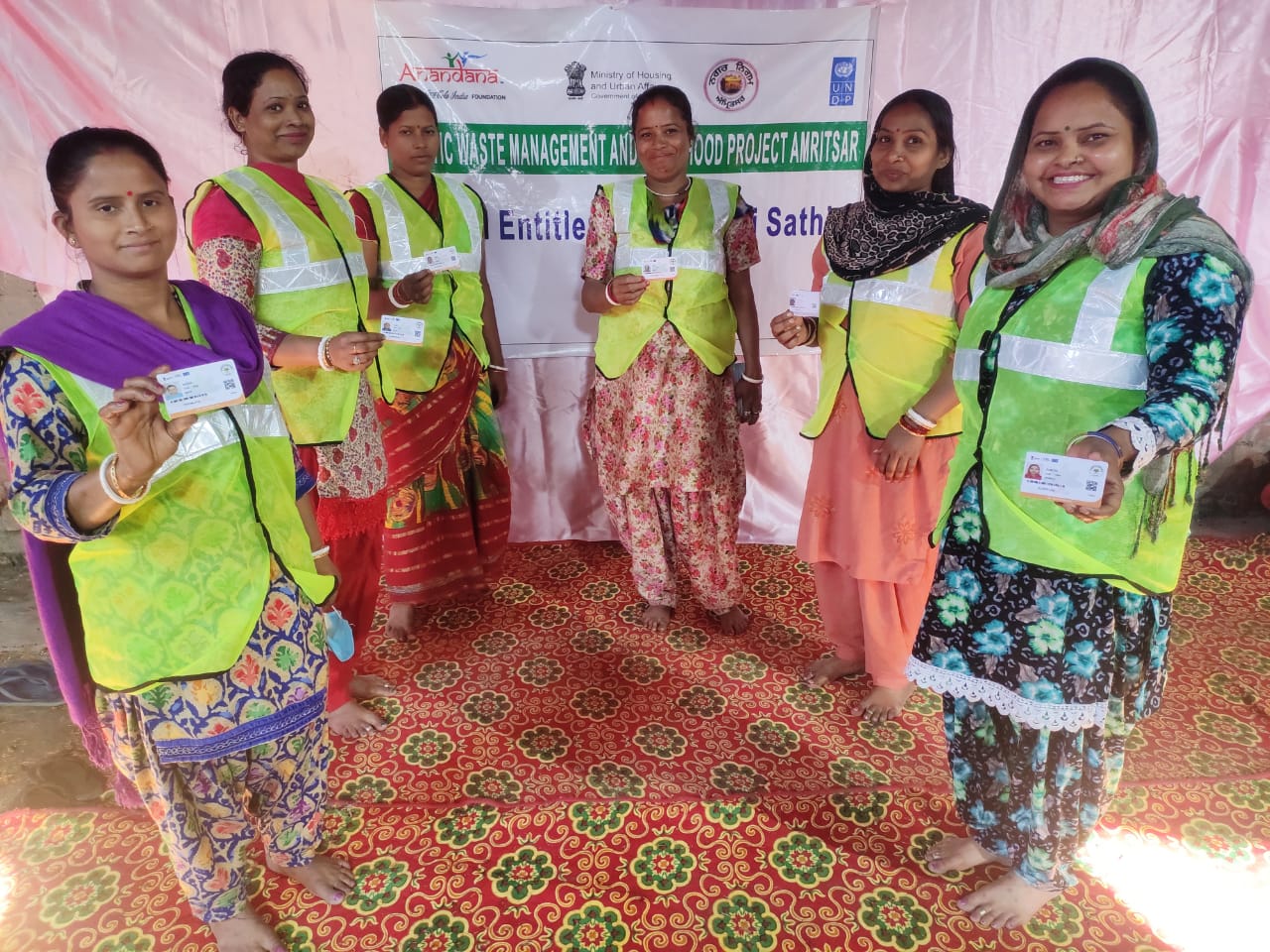
Community Health Facilitators (CHF), women selected from their loan clients, were engaged in creating awareness and demand for safe and hygienic sanitation practices and monitoring toilet construction and its usage. Masons were trained to construct environmentally safe sanitation across all the selected geographies.
“Financial inclusion as a tool for empowerment wherein the ‘power to decide is transferred to the client.’ The client, mostly women, decides ‘what, where, and how’ to build the infrastructure. It is a holistic model where both demand and supply side issues are addressed. It is both sustainable and scalable,” says Abhijit Banerji, Member Secretary, FINISH Society.
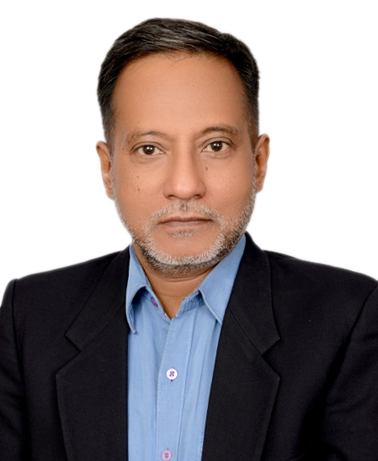
Another program that the organization has been focusing on is ‘Climate change mitigation through sustainable waste management.’ It came into being in 2016, and since then, it has changed the lives of around 10,00,000 people.
FINISH works towards finding new approaches to involve the key stakeholders in the reconstruction of local waste management systems through changing attitudes, strengthening the role of the informal sector, involving local government and communities, and building capacities. Its waste management programs actively implement innovations in closing the resources loop with waste valorization by improving the value chains in solid and liquid waste to advance India towards a circular economy.
Every month around 2,00,000 families are practicing waste segregation under solid waste management programs across ten states in India. On average, 22,000+ tons of solid waste per year are managed, treated, and recycled. The organization is creating a positive impact on the environment by saving 3600+ tons of CO2 equivalent greenhouse gas emissions per year.
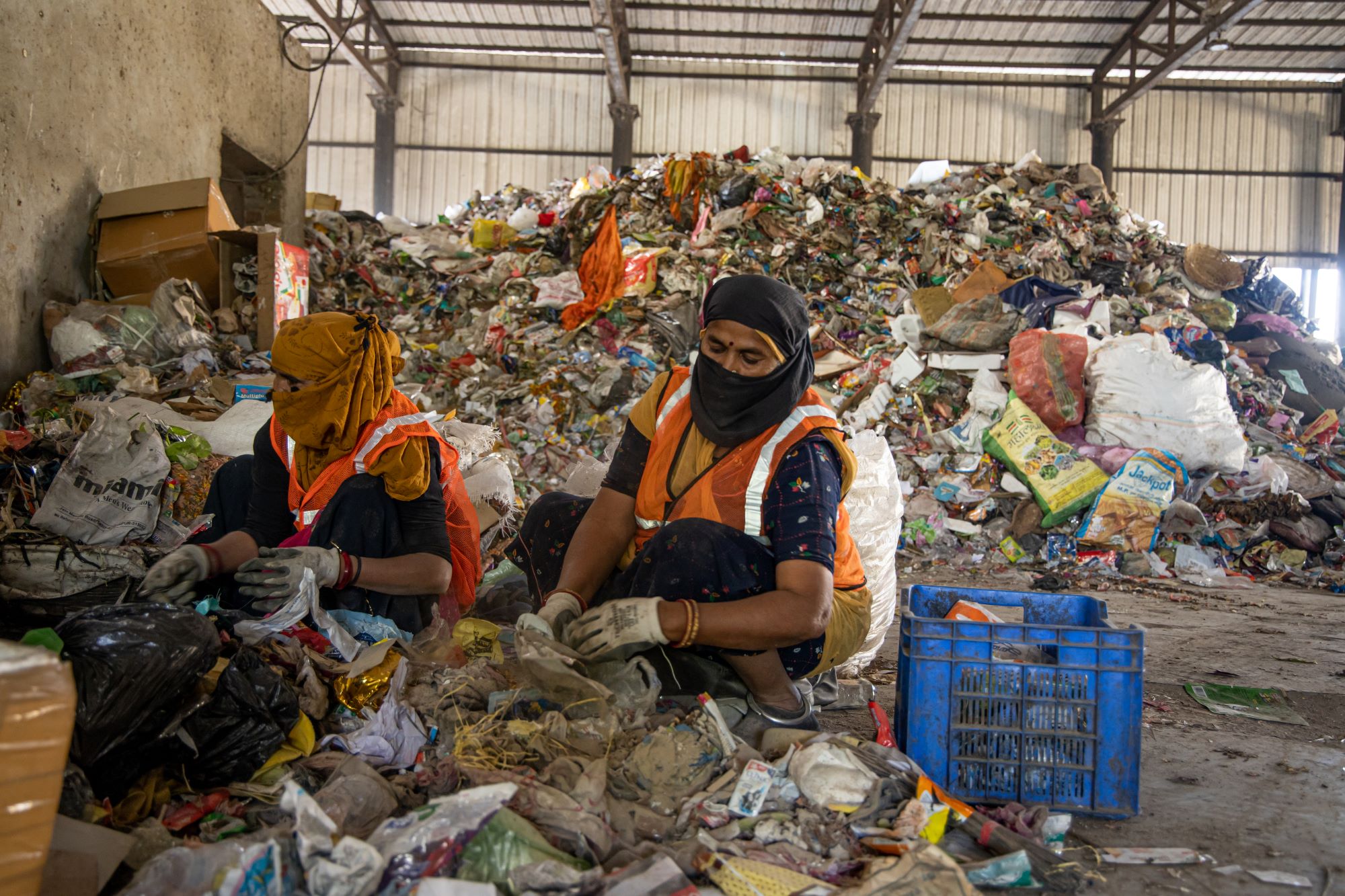
“With 3 million truckloads of untreated garbage being offloaded daily, it is both a challenge and an opportunity. On the environmental side, proper management removes plastic waste from contaminating land and water. The better management of organic waste reduces waste disposal costs and greenhouse gas emissions. In addition, it can create businesses and enable livelihoods, leading to healthier and cleaner cities and an improved environment! It’s a win-win situation,” shares Abhijit Banerji, Member Secretary, FINISH Society.


